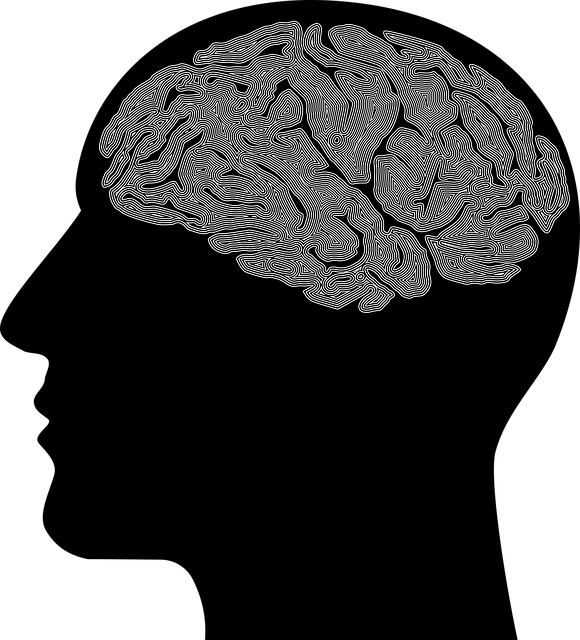Crisis Intervention Teams (CITs) are crucial for managing mental health crises, offering immediate support and de-escalation techniques. Organizations like Englewood First Responders Therapy provide specialized training, including group therapy, counseling, journaling exercises, and self-awareness sessions, to empower first responders with tools for stress management, burnout prevention, and emotional resilience. This holistic approach enhances their ability to respond compassionately to diverse crisis scenarios, improving community mental health care while addressing the challenges of high turnover rates and continuous training integration.
Crisis intervention teams play a vital role in managing and mitigating high-stress situations, offering immediate support to individuals in crisis. This article explores the essential training programs designed to equip first responders with the skills needed to navigate these delicate scenarios effectively. We delve into the successful Englewood First Responders Therapy program, highlighting its impact and key components. Additionally, we analyze the benefits and challenges of implementing such training, emphasizing why it’s crucial for community well-being.
- Understanding Crisis Intervention Teams: Their Role and Impact
- Englewood First Responders Therapy: A Program Overview
- Key Components of Effective Crisis Intervention Training
- Benefits and Challenges: Implementing Crisis Team Training Programs
Understanding Crisis Intervention Teams: Their Role and Impact

Crisis Intervention Teams (CITs) are specialized groups designed to provide immediate support during mental health crises. These teams typically include trained professionals such as police officers, paramedics, and therapists who collaborate to de-escalate high-risk situations. In communities like Englewood, where access to mental health services might be limited, First Responders Therapy plays a pivotal role in CIT training. They equip members with the skills needed to recognize signs of distress, offer empathy, and guide individuals towards appropriate care, ultimately reducing the need for emergency interventions.
The impact of CITs extends beyond individual crises. Regular training sessions foster a culture of empathy and understanding, improving community responses to mental health emergencies. Moreover, they contribute to self-care routine development for better mental health by teaching practitioners mood management techniques and enhancing their own self-esteem improvement. This holistic approach ensures that both the responders and those in need receive comprehensive support.
Englewood First Responders Therapy: A Program Overview

Englewood First Responders Therapy is a specialized program designed to offer critical support and guidance to crisis intervention team members. This initiative aims to address the unique challenges faced by first responders, who often experience high-stress situations on a regular basis. The program provides an opportunity for these brave individuals to process their emotions, enhance their mental wellness, and develop effective coping mechanisms.
Through a combination of group therapy sessions, individual counseling, and innovative Mental Wellness Journaling Exercises, participants gain valuable tools to manage stress and prevent burnout. Self-Awareness Exercises form a core component, enabling first responders to reflect on their experiences, understand their emotional responses, and cultivate resilience. By fostering open dialogue and a supportive environment, Englewood First Responders Therapy empowers individuals to navigate the challenges of their roles with greater equilibrium and composure.
Key Components of Effective Crisis Intervention Training

Effective crisis intervention team training programs are multifaceted, aiming to equip first responders with essential tools to navigate and de-escalate high-stress situations. A key component is Englewood First Responders Therapy, which focuses on integrating mental wellness journaling exercises into routine training. This practice not only enhances emotional regulation but also fosters empathy building strategies. By encouraging self-reflection and mindfulness, these exercises enable first responders to better understand their own emotions and the unique emotional landscapes of those they assist.
Additionally, successful programs prioritize realistic scenario simulations that challenge participants with diverse crisis scenarios. Through such guidance, trainees learn to adapt their communication and intervention techniques based on individual needs, cultivating a nuanced approach to support individuals across various mental health spectrums. This holistic training ensures first responders are well-prepared to offer compassionate and effective assistance in times of crisis.
Benefits and Challenges: Implementing Crisis Team Training Programs

Implementing crisis team training programs offers a multitude of benefits for communities and organizations alike. By equipping first responders, such as those at Englewood First Responders Therapy, with specialized skills in managing crises, these initiatives enhance the quality of care provided to individuals experiencing mental health emergencies. Training fosters an environment where cultural sensitivity in mental healthcare practice is prioritized, promoting understanding and effective communication with diverse populations. This, in turn, improves depression prevention and mood management strategies, ensuring that interventions are tailored to meet individual needs.
Despite these advantages, challenges exist when introducing crisis team training. One significant hurdle is balancing the need for immediate crisis response with the time required for comprehensive training. Additionally, maintaining continuity of care can be difficult due to high staff turnover rates in emergency services. Overcoming these obstacles demands thoughtful planning, continuous evaluation, and adaptability within the training curriculum. Effective programs must also address the importance of ongoing support and resources for team members to prevent burnout, ensuring the long-term sustainability and impact of crisis intervention efforts.
Crisis intervention team training programs, such as Englewood First Responders Therapy, play a pivotal role in equipping professionals to handle crises effectively. By integrating key components like empathy training, de-escalation techniques, and post-trauma support, these programs not only enhance the impact of crisis intervention teams but also contribute to better mental health outcomes for both individuals in crisis and the first responders themselves. While implementing such programs comes with challenges, the benefits are indelible, fostering a more resilient and compassionate society.














